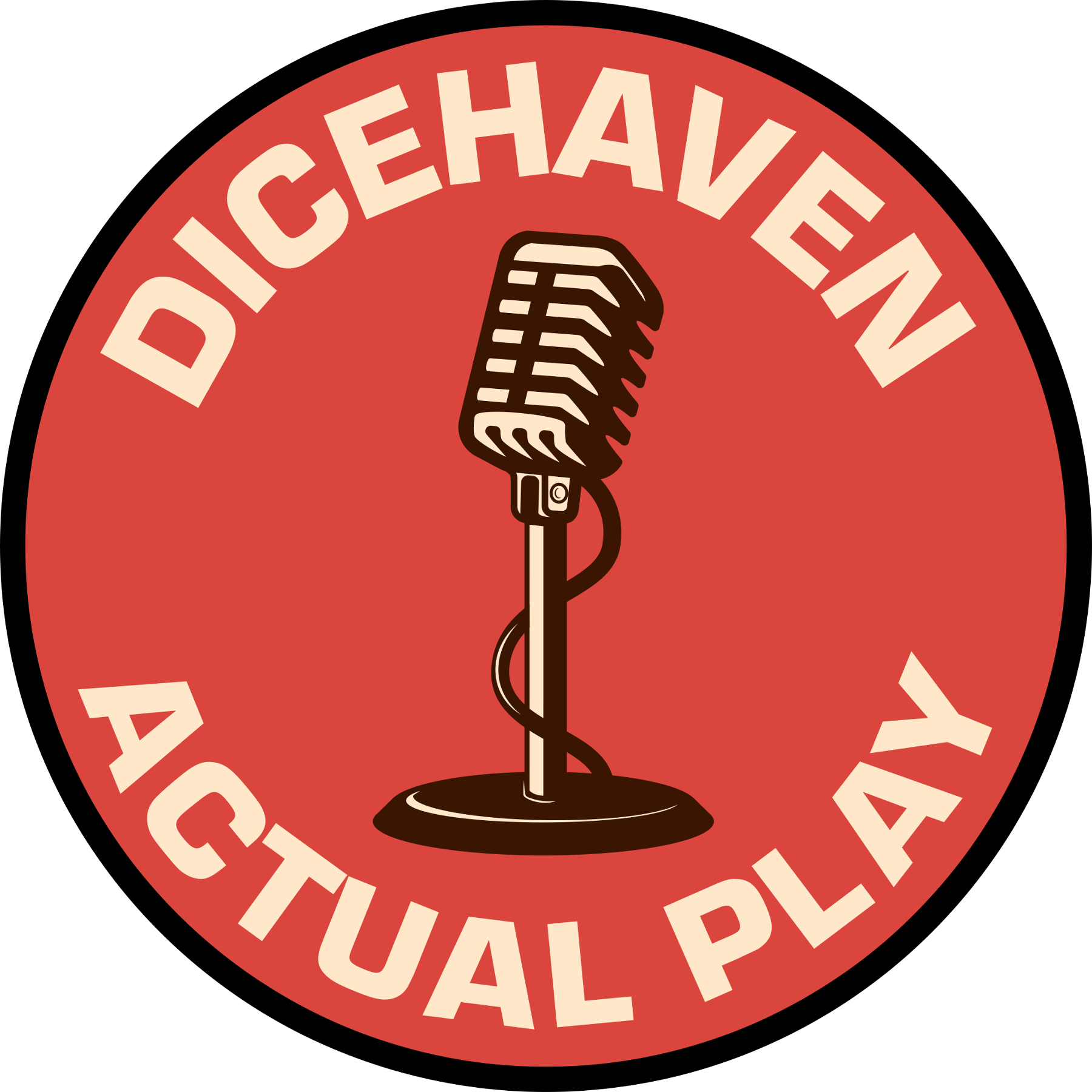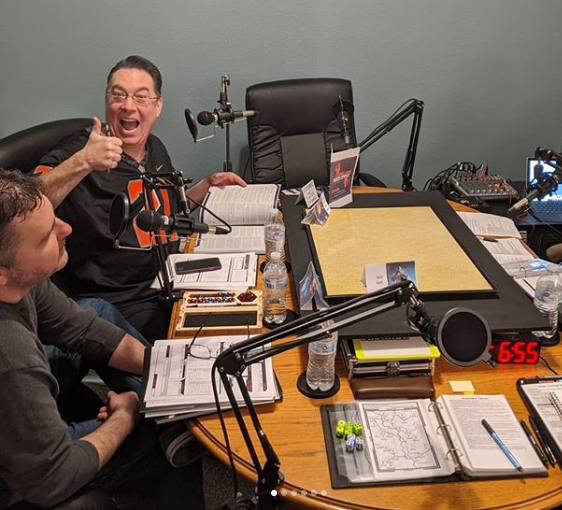Michael Hyatt, the President of Thomas Nelson, reports these interesting statistics from the CBA Marketplaces’ Top 50 Christian Books report on his From Where I Sit blog:
On Monday, I received the May list. It is sent to ECPA voting members (our trade association) a month in advance. Here’s how we stack up against our competitors. The second number is the 12-month rolling average.
Here’s his report on the titles Thomas Nelson and others had in this top 50 list:
| Publisher | May | Average |
| Thomas Nelson | 14 | 12 |
| Barbour | 8 | 6 |
| Zondervan | 7 | 8 |
| Harvest House | 5 | 3 |
| Tyndale | 3 | 4 |
| Multnomah | 2 | 3 |
| Waterbrook | 2 | 2 |
| Integrity | 2 | 1 |
| Broadman & Holman | 2 | 1 |
| Warner Faith | 1 | 2 |
| Moody | 1 | 2 |
Hyatt also notes the CBA market accounts for approximately 44% of their publishing revenue; presumably the rest is ABA and other channels.
Now what is misleading about this for the Christian Fiction author is this is all book sales, not just fiction. If you were to break this down by fiction sales it might be somewhat different.
Steve Laube said on the My Writers Group blog:
The majority stockholder of Thomas Nelson Publishers has placed all of his stock into a foundation that cannot sell those shares. This keeps the control of the company in Christian hands…to keep a secular company from coming in and doing a hostile takeover of the largest Christian publisher in the world.
It is interesting that this CBA juggernaut is positioned to maintain its Christian ownership, while larger secular companies have purchased many of the other publishing houses.
 This panel explored humor’s role in healing emotional wounds and the presence of comedy in all story genres. Mark Buechsel of Baylor University chaired the session. Panel participants were:
This panel explored humor’s role in healing emotional wounds and the presence of comedy in all story genres. Mark Buechsel of Baylor University chaired the session. Panel participants were:
 Leif Enger, author of Peace Like a River, the best-selling novel described by The Boston Globe as “…a miracle well worth witnessing,” spoke at the Baylor Art & Soul conference Friday night.
Leif Enger, author of Peace Like a River, the best-selling novel described by The Boston Globe as “…a miracle well worth witnessing,” spoke at the Baylor Art & Soul conference Friday night.






Recent Comments